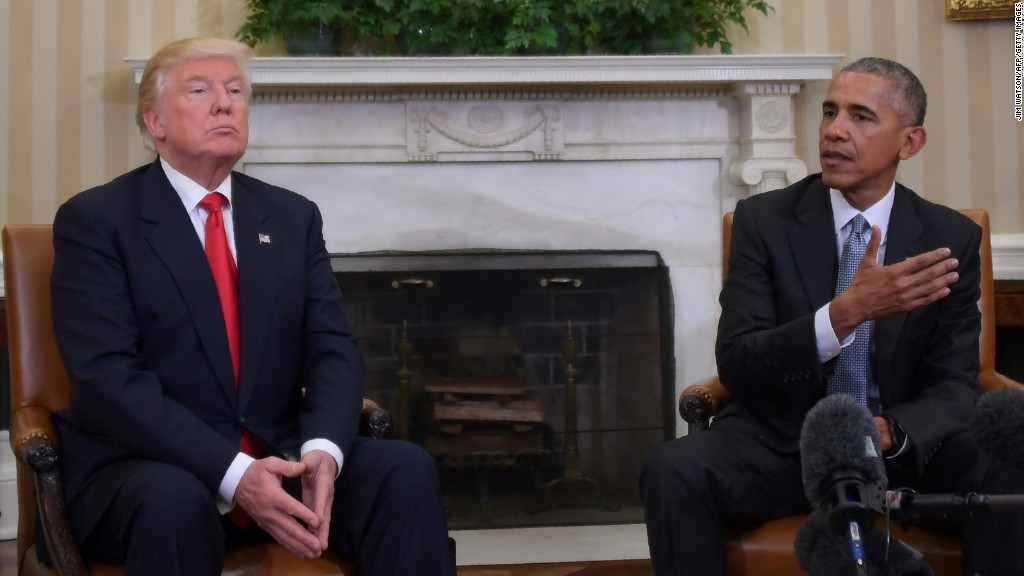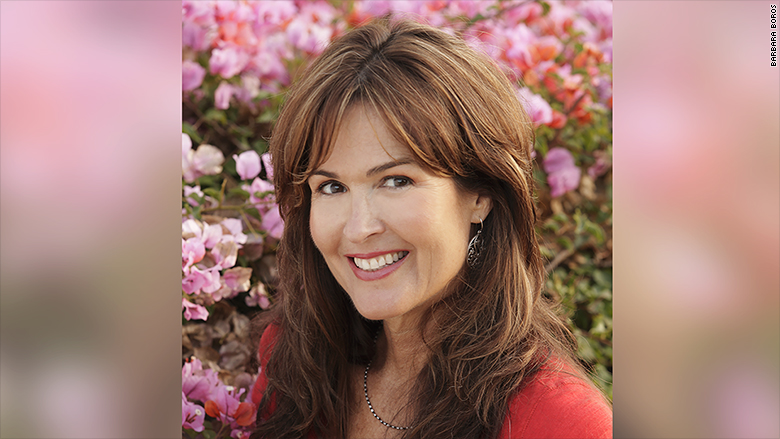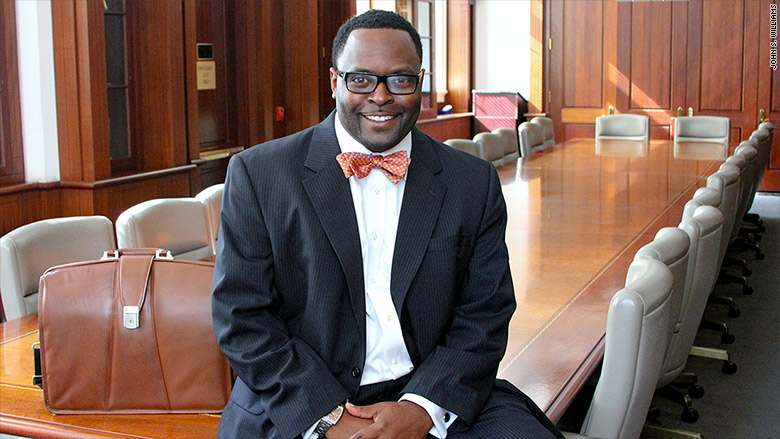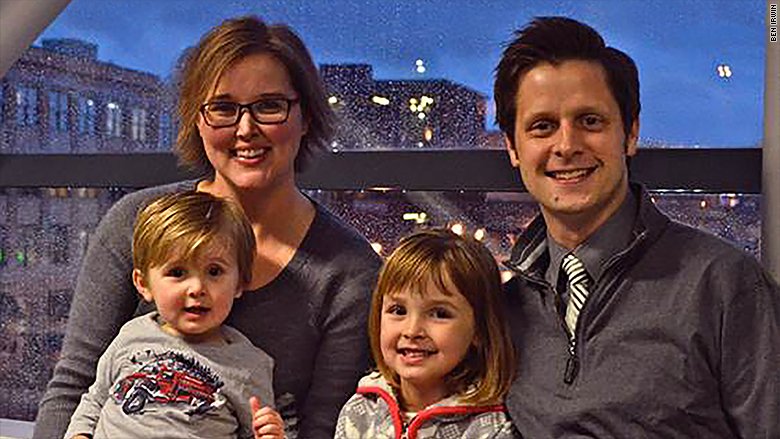
These are the voices that aren't being heard.
Often drowned out amid all the cries to repeal Obamacare are the stories of those whose lives now depend on the health care reform law.
I asked CNNMoney readers on Thursday to write me if they were concerned about losing Obamacare. My inbox was quickly flooded with hundreds of responses from Americans desperate to say how crucial Obamacare coverage was to them and their families and how much they feared the Republicans' plan to dismantle it once President-elect Donald Trump takes office in January.
For some, Obamacare meant that they could get medical care that literally kept them alive. They had cancer, diabetes, depression or other conditions that left them uninsurable prior to health care reform.
Related: Obamacare under President Trump: What happens next?
Others took advantage of the Obamacare provision that let them keep their children on their health insurance plans until the kids turned 26. They feared their sons and daughters would be left uninsured or struggling to pay high premiums if they couldn't remain on their plans.
And still others said that Obamacare allowed them to become entrepreneurs or retire early while maintaining coverage for themselves and their families.
All were left wondering what President-elect Donald Trump and Republicans in Congress have in store. While they've heard a lot about the incoming administration's plans for "repeal," they don't know much about Trump's plans for "replace."
Take Barbara Boros, a 58-year old graphic designer who hasn't been able to find full-time work for several years. Having Obamacare meant she could see the doctors and get the tests she needed to keep her kidney disease in check. She pays less than $100 a month, after subsidies, far cheaper than the individual plan she bought after losing her job in 2011. That prior plan drained her savings, and she would have been forced to go without coverage if Obamacare were not enacted.

Boros' condition has now worsened, and she is expecting to have a kidney transplant in December. Without Obamacare, the Santa Barbara, California, resident fears she won't have insurance to get the follow-up care she needs.
"Obamacare saved my life without a doubt," she said. "I'm concerned about coverage after the transplant. It will be important to keep being monitored and be able to take any medication necessary to keep me alive."
Related: Obamacare sign-ups surge after Trump's election
Obamacare is equally as important to John Williams, a 39-year-old attorney with his own criminal defense and civil rights firm in New Orleans. Williams has multiple sclerosis and was uninsured for a time before Obamacare was passed because of his pre-existing condition.

Thanks to Obamacare, which costs him $250 a month, he is able to see his neurologist, get MRIs and take medication that costs $4,000 a month to keep his condition under control. What's more, he can remain at his private practice, which he says allows him to contribute to society in the best way he sees fit.
If Obamacare is repealed, Williams worries he'll have to dismantle his own four-year-old business and join a firm so he can get coverage.
Related: Obamacare architect: Replacing it won't be easy
"It's hard to organize my future if I can't plan how to get treatment for my disease," said Williams. "Health care is one thing I can't do without."
Even those who aren't sick depend on Obamacare.

For Ben Irwin, Obamacare has allowed him to take a job that he describes as "a life's calling." After he lost his job at a religious publishing firm in 2015, he took a job at a small nonprofit organization that provides food and water to refugees in Iraq and Syria. He couldn't have done this without Obamacare because he would have had to find work at a larger firm that would provide health insurance for him and his family. Now, they are covered by a plan that costs $350 a month.
"It seems cruel that people like me have to choose between doing constructive good in the world and providing health care for my family," said Irwin, 39, of Grand Rapids, Michigan.





